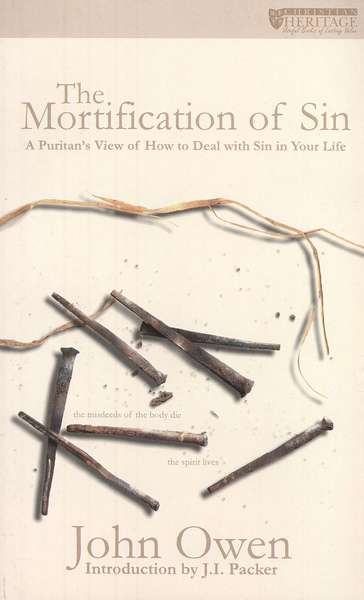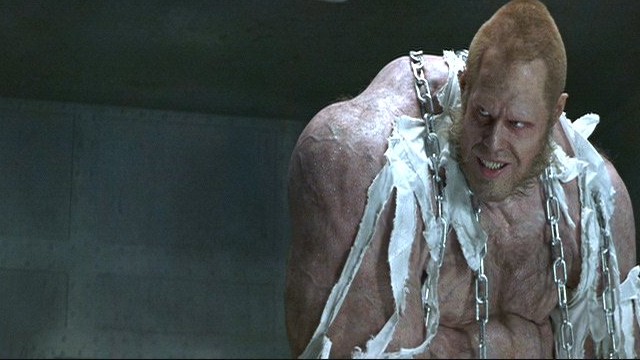
I, along with the editors of this book, agree with J.I. Packer's assessment of John Owen's writings:
"I did not say that is was easy to read them! - that would not be true; yet I do venture to say that the labour involved in plodding through these ill-arranged and tediously-written treatises will find them abundantly worthwhile."
This book was hard to read, hard to understand, and even harder to apply. But it is a gift to all who seek to take their sin as seriously as God does and to join Him in waging war against the enemy of our souls. Owen has an uncanny ability to expose the darkness of the sinful heart and strip away all the masks we are so prone to try cover our soul-disease with. It is true that this book took me a long time to read due to it's old English style. It is equally true however, that it took me many months to read due to the many times I had to step away from it to recover from the piercing convictions it brought about in my heart. Many times I felt like Owen had been watching me the previous day and then wrote the chapter I was reading specifically for me.
This book will help you feel the seriousness of your sin. And this is a good thing. As Piper states in the Forward: "by making life easier for ourselves in minimizing the nature and seriousness of our sin, we become great victims of it...What Owen offers is not quick relief, but long-term, deep growth in grace that can make strong, healthy trees where there was once a fragile sapling."
The version I read came out of the below collection, which I recommend as it has some helpful footnotes added by the editors to help you push through some of the difficult passages and wording. I was hoping to read the entire anthology this year, but that ain't gonna happen:

"The saints, whose souls breathe after deliverance from sin's perplexing rebellion, know there is no safety against it but in a constant warfare."
"But now if a man be so under the power of his lust that he has nothing but law to oppose it with, if he cannot fight against it with Gospel weapons, but deals with it altogether with hell and judgement, which are the proper arms of the law, it is most evident that sin has possessed itself of his will and affections to a very great prevelancy and conquest...What Gospel principles do not, legal motives cannot do."

 In this small, practical book, Erwin Luzter (pastor of Moody church in Chicago) speaks Gospel truth to a situation that we all have experience in - sin - or "blowing it".
In this small, practical book, Erwin Luzter (pastor of Moody church in Chicago) speaks Gospel truth to a situation that we all have experience in - sin - or "blowing it".

